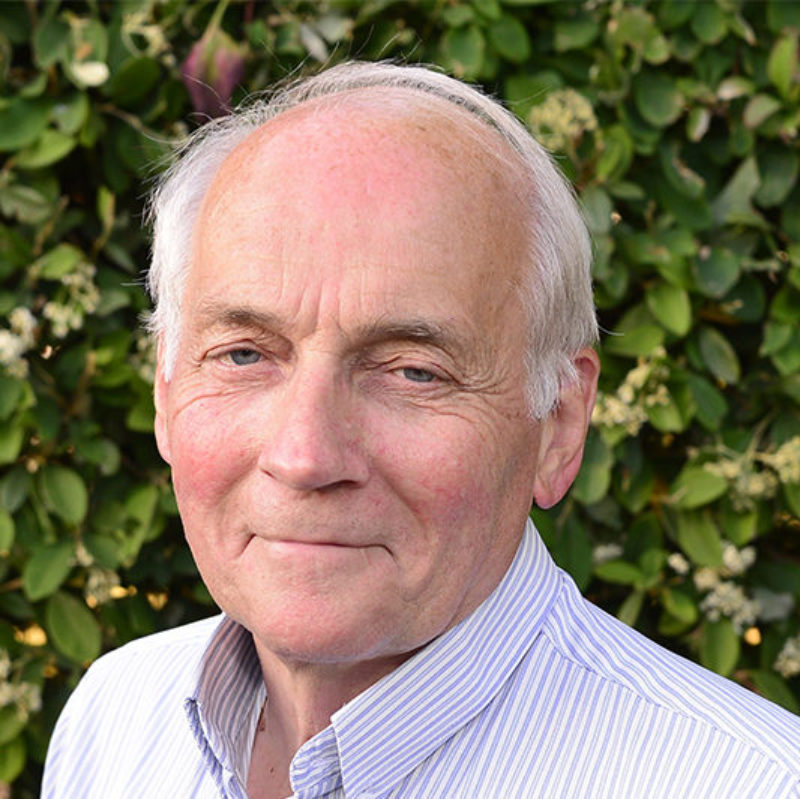Banbury, Chipping Norton & North Oxfordshire Labour Party Labour party for the Banbury constituency, which also includes Chipping Norton, Charlbury and the villages of North Oxfordshire.

One of the positive outcomes it’s been suggested might come from this dreadful pandemic is that the need for many car journeys including travel to work will reduce permanently. Coupled with the growth in ‘active travel’ – cycling and walking – car usage would fall with healthier air and people as a result.
A study by the Institution of Civil Engineers (ICE) shows that preferences for working and socialising remotely post-lockdown will see a move away, at least in the short term, from the infrastructure demand patterns that existed prior to the pandemic. 61 per cent of UK adults support increasing the frequency of remote working and 32 per cent think there should be a transition to a permanent at-home working where possible. If this happens, an efficient, low carbon public transport system would be a natural complement to such change.
But we have to have services in the first place and in Bicester and the villages, after years of decline in bus services, new local routes are being introduced. Plans include new services to the Town Centre from Launton and Langford as well as Arncott and Ambrosden, and a service from the Town Centre via Graven Hill, Ambrosden, Islip and New Barton to the JR Hospital in Oxford is planned too, reconnecting villages to the bus network which they haven’t enjoyed for years.
The risk is that the pandemic appears to have severely affected attitudes to driving versus public transport. Research by RAC from October 2020 suggests that almost two-thirds of UK car owners now consider their vehicle essential and the majority would refuse to switch to a greener alternative even if better trains or buses are available. Cycling trips had fallen significantly below pre-pandemic levels by October and people have largely continued to avoid public transport.
Bus passenger numbers locally are around 40% of normal pre-pandemic levels while, judging by the traffic in and around Bicester, car use in general has risen to pre-pandemic levels. Part of this fall in our use of public transport in general and buses in particular is due to the need to’ keep it safe’. Social distancing reduces capacity over and above the drop in demand from increased home working which in turn results in fewer trips made and a reduction in frequency and availability. (Oddly, school buses do not require social distancing measures – something which may change once our schools re-open)
What this means is that without a concerted effort from government and local councils, the pandemic risks putting efforts to encourage drivers out of their cars for some trips back by 20 years. As towns like Bicester seek to improve air quality and healthier, cleaner environments, low-cost, efficient alternatives to the car need further thinking and much greater financial investment, increasing the urgency for the government to hasten the transition to cleaner transport.
Greenpeace estimates that speeding up the transition to electric cars alone by 2030, could create 32,000 jobs in the energy, manufacturing and retail sectors, and provide a £4.2bn boost to the UK economy, on top of reducing emissions. Locally, our bus companies are investing in ultra-low emission, hybrid and electric buses and over the last decade Oxford has seen a 37% reduction in NO2 levels at the roadside. Investment must be stimulated by Government support like the 2020 all-electric bus towns and cities fund, (from which from Stagecoach and Oxford Bus Company bid for £47M to support conversion of all Oxford’s buses to electric traction), otherwise the pandemic will have unforeseen and adverse consequences.
Wishing everyone a safer and healthier 2021.
